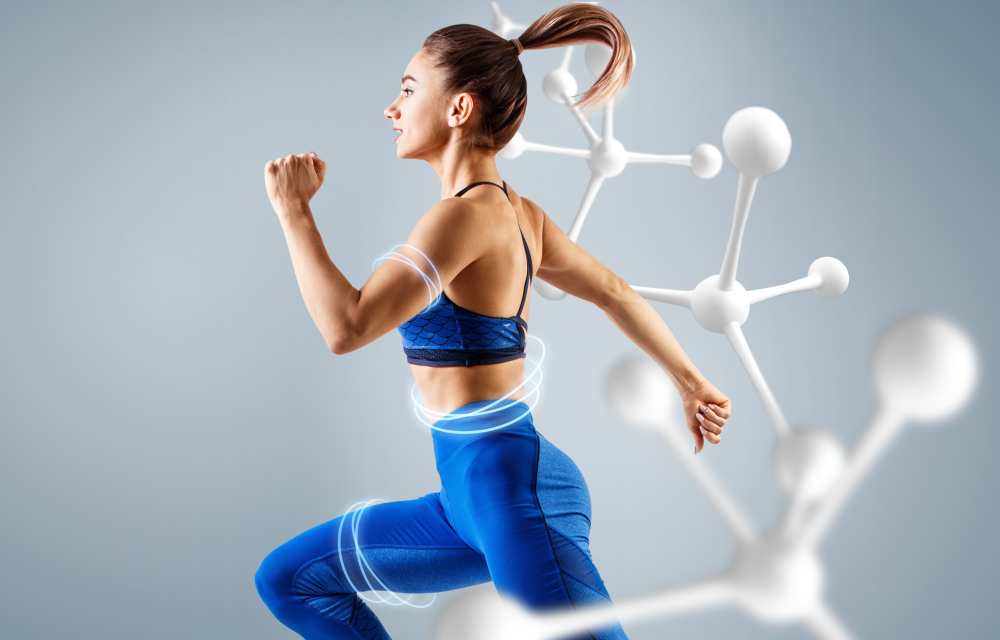by Theresa Greenwell, International Science
Green tea research continues to support its use for a variety of health benefits. EGCG (epigallocatechin gallate), along with the several other polyphenols, is often given the credit for most of the benefits ascribed to green tea. These benefits accredited to green tea use include, but are not limited to, improvements in cholesterol, mental alertness and health, heart health and skeletal strength.
Another benefit that green tea is given credit for is helping to improve physical performance. Though most evidence is conflicting, there does seem to be support for the use of green tea in athletics.
A recent study in the Journal of the International Society of Sports Nutrition (2015) investigated the use of a high polyphenol green tea extract on the athletic performance and metabolism in active men. This double-blind, placebo controlled study looked at 14 men, given either a decaffeinated green tea extract containing 400 mg EGCG per day or placebo for 4 weeks. The participants were asked to complete 3, 1-hour cycling tests per week during which gas exchange, heart rate and perceived exertion were recorded. Blood work was also analyzed for fatty acid and carbohydrate utilization.
Results for those receiving the green tea extract included improvements in fat versus carbohydrate metabolism for energy needs and a significant decrease in body fat compared to the placebo group. Additionally, these individuals had significant improvements in exercising heartrate and perceived exertion leading to improvements in endurance performance.
Future research is necessary to find and understand the full impact of green tea on athletic performance and health. Improvements in technology and testing methods should continue to allow for better determination of ‘if, when or how’ green tea may be beneficial.





Comments (0)